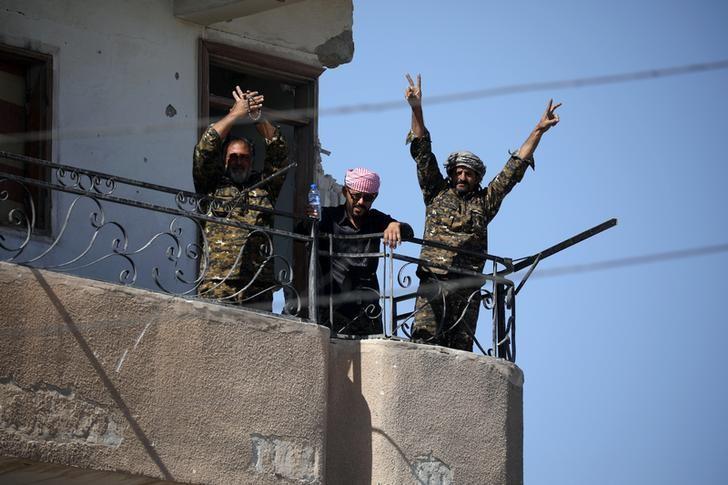The United States is moving to the next phase in its push to destroy the ISIS terrorist group, after coalition forces retook the Syrian city of Raqqa, pushing the terrorist group out of its last stronghold.
The defeat of ISIS in Raqqa comes just a few months after its defeat in early July in Mosul, Iraq. The loss of these two key cities is bringing an end to the terrorist group’s proclaimed “caliphate.” The next step is to stabilize the regions, and on Oct. 22, Iraq and Saudi Arabia held their inaugural coordination council meeting to help with this effort.





